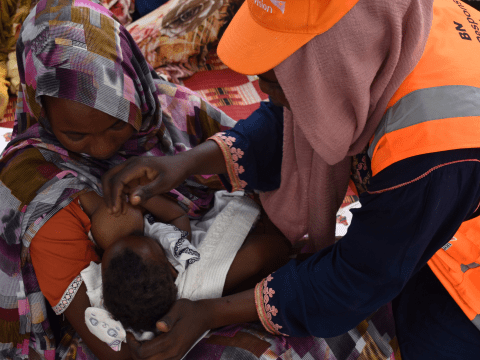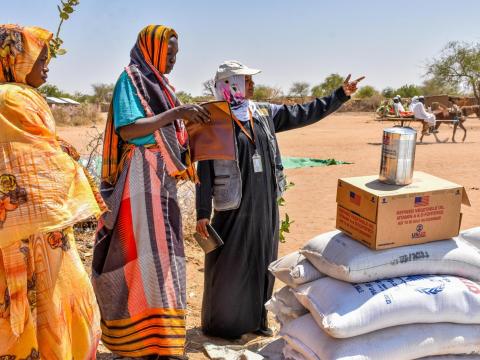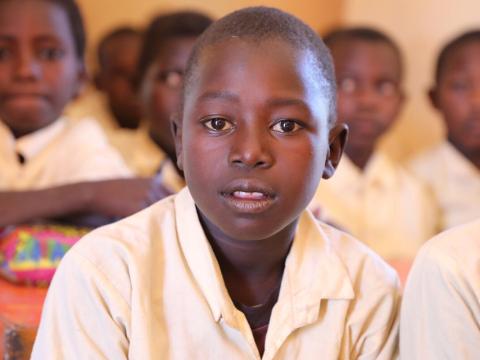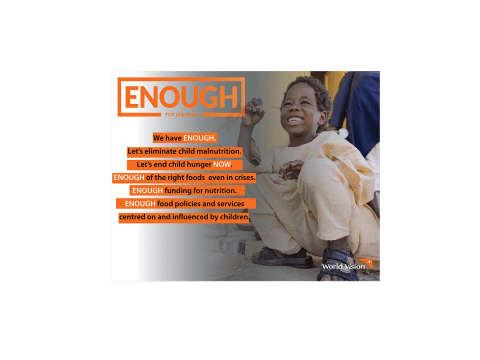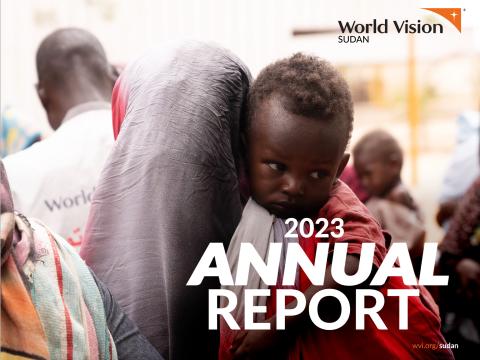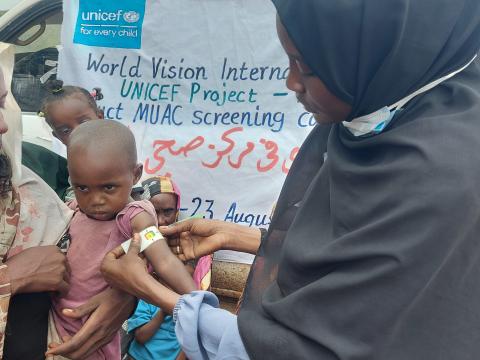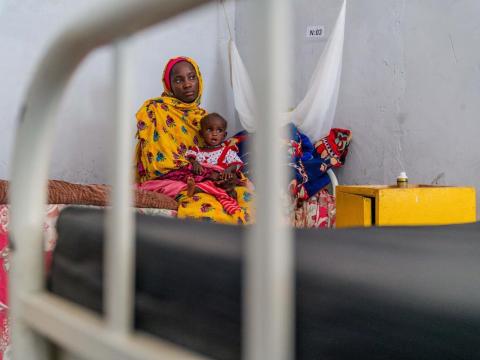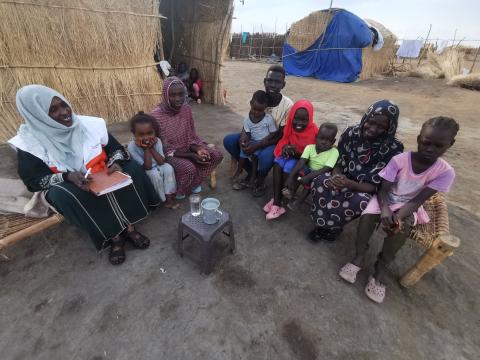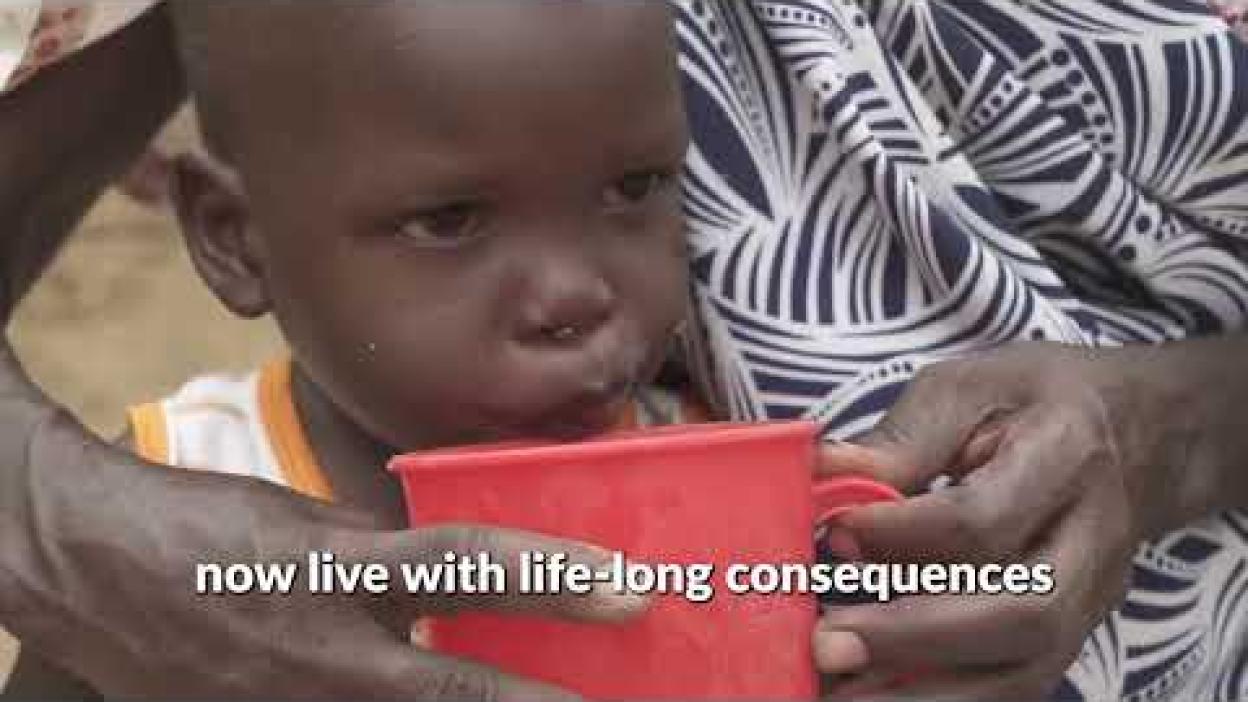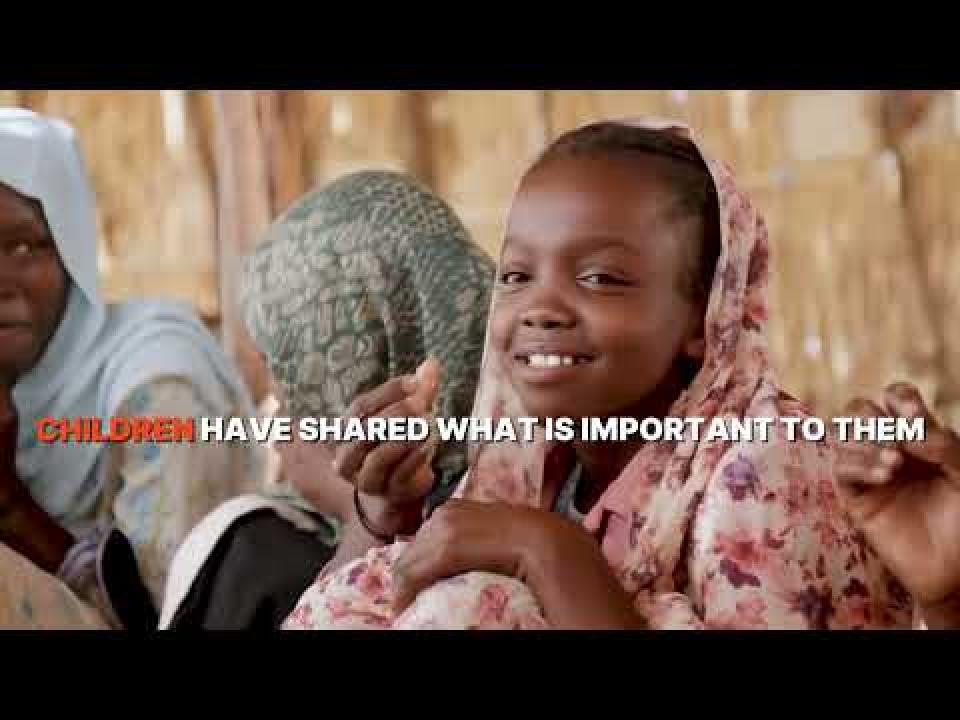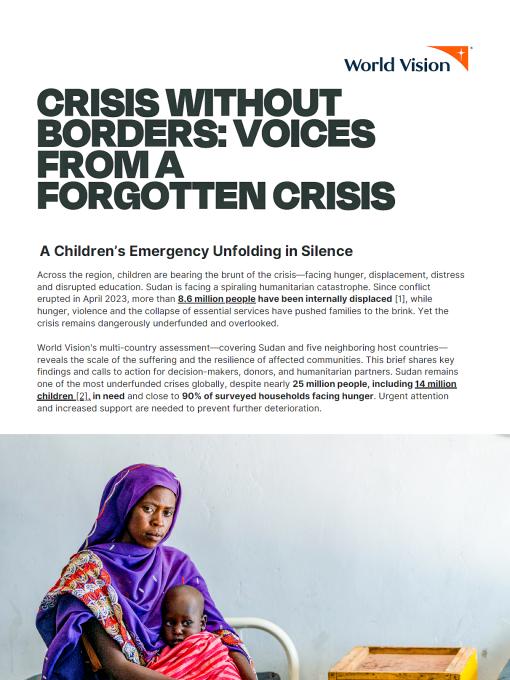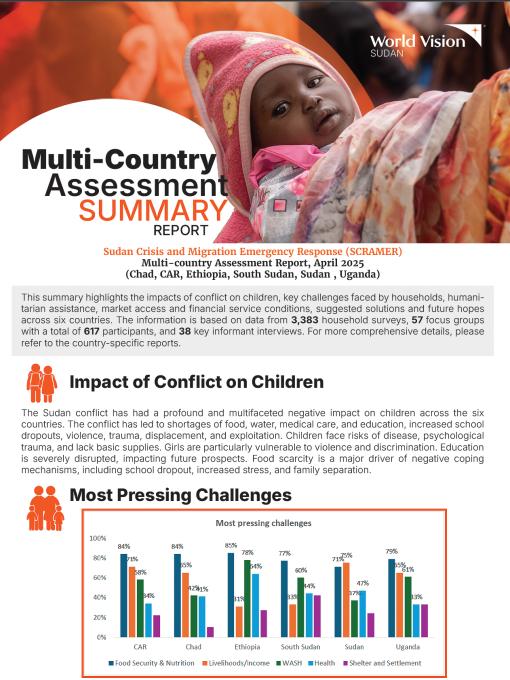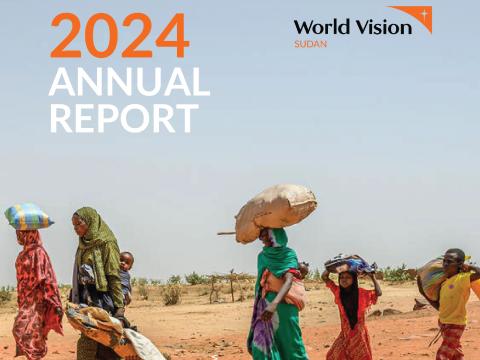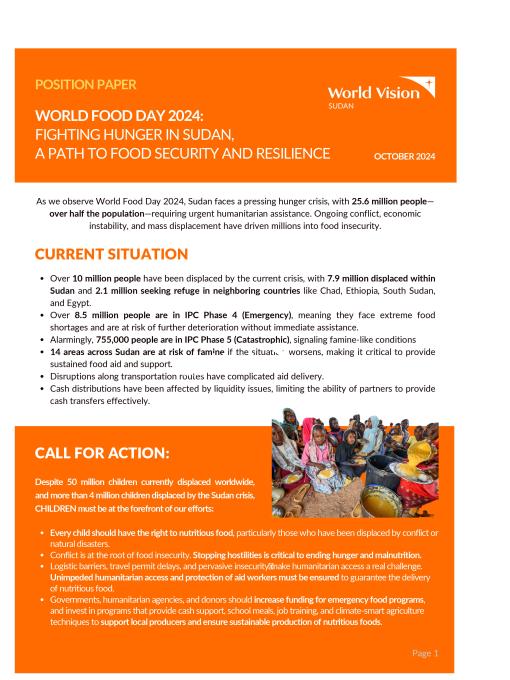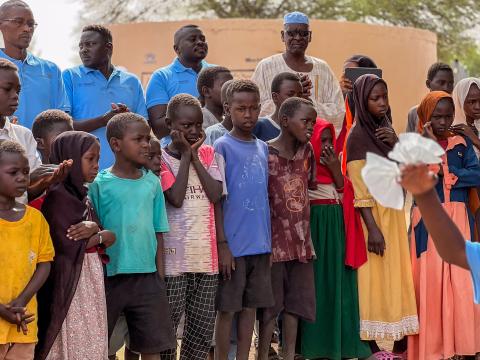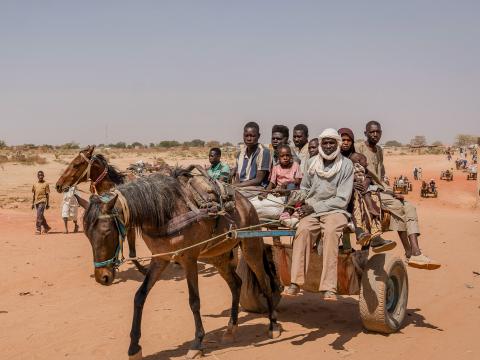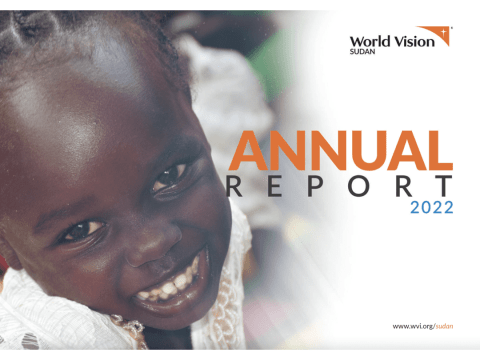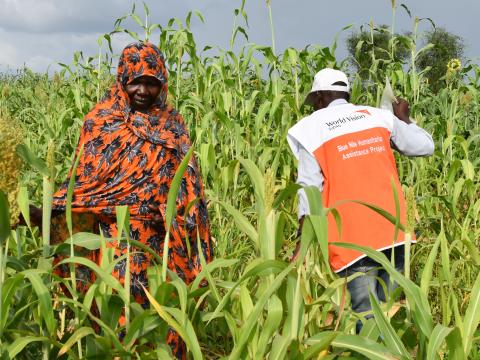
Sudan
World Vision Sudan
As a child-focused organisation, our goal is to see children reach their full potential. We don’t just want children to survive, we want them to thrive! We began working in Sudan in 1983, our programmes were initially operational until 1988. In June 2004, we resumed operations, in response to the Darfur Crisis.
Since the conflict erupted on April 15, 2023, in Sudan's capital city of Khartoum, civilians have been disproportionately affected. According to UN estimates, the number of people displaced within and beyond Sudan has surpassed 6.3 million since mid-April 2023. Sudan currently holds the unfortunate distinction of having the highest number of internally displaced people in the world, including a significant population of vulnerable children.
Today, our teams of dedicated development and humanitarian professionals work tirelessly to contribute to the improved well-being of boys and girls through multi-sectoral and community-based programmes across four states: South Darfur, Blue Nile, East Darfur and South Kordofan, responding to the needs of all people in complex protracted emergencies.
World Vision Sudan provides both lifesaving and long-term support, complementing the efforts of government and other humanitarian partners. In Sudan, we implement programmes in a range of sectors including health and nutrition, Water, Sanitation, and Hygiene (WASH), food security and livelihoods, child protection and safeguarding.
We remain committed to our vision of life in all its fullness for all children. By 2025, World Vision Sudan will contribute to the well-being of 2.1 million most vulnerable boys and girls in Sudan.
Our Impact
1,972,219
733,386
777,183
Our Areas of Focus
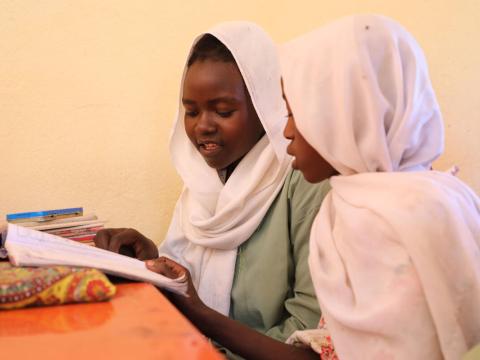
Education and Child Protection
We want to make sure that every child in Sudan has the opportunity to receive a quality education.
Our interventions focus on improving access to protection services for the communities we engage with, placing particular emphasis on the well-being of children and women.
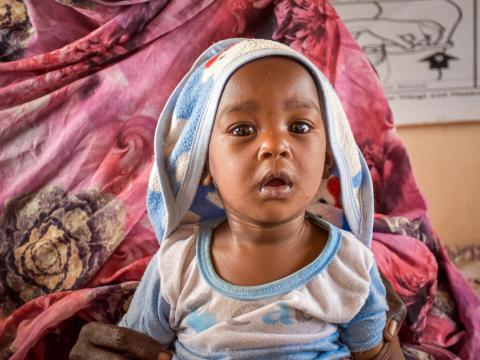
Health and Nutrition
We want all children in Sudan to enjoy good health.
Good health and nutrition empower children, families, and communities, spurring them to live fuller, freer lives.
We are working towards this by:
• Increasing the number of children who are protected from disease
• Increasing the number of well-nourished children
• Ensuring children and their caregivers have access to essential health services
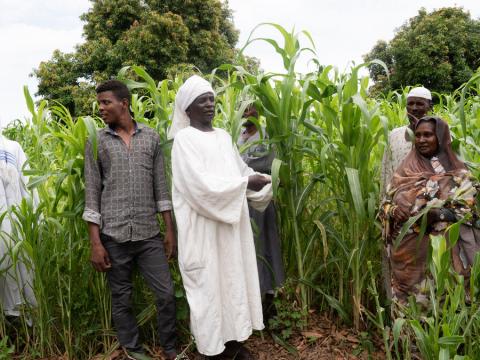
Food Security and Livelihoods
We want to increase the number of children who are well-nourished.
World Vision Sudan responds to the needs of the most vulnerable in our operational areas with both immediate humanitarian food and cash assistance and resilience interventions to strengthen community resilience to future shocks.
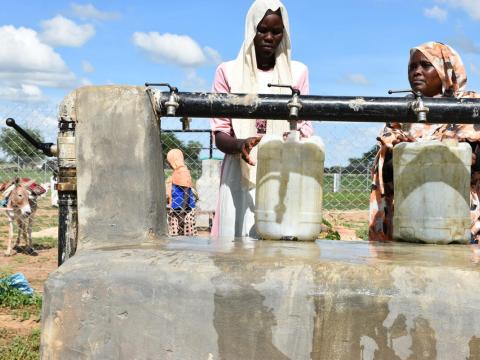
Water, Sanitation and Hygiene
Water, Sanitation and Hygiene (WASH) are at the heart of child well-being and are essential for children and their families to thrive.
World Vision Sudan focuses on bringing clean water, dignified sanitation and healthy hygiene practices to communities, schools and healthcare facilities.
